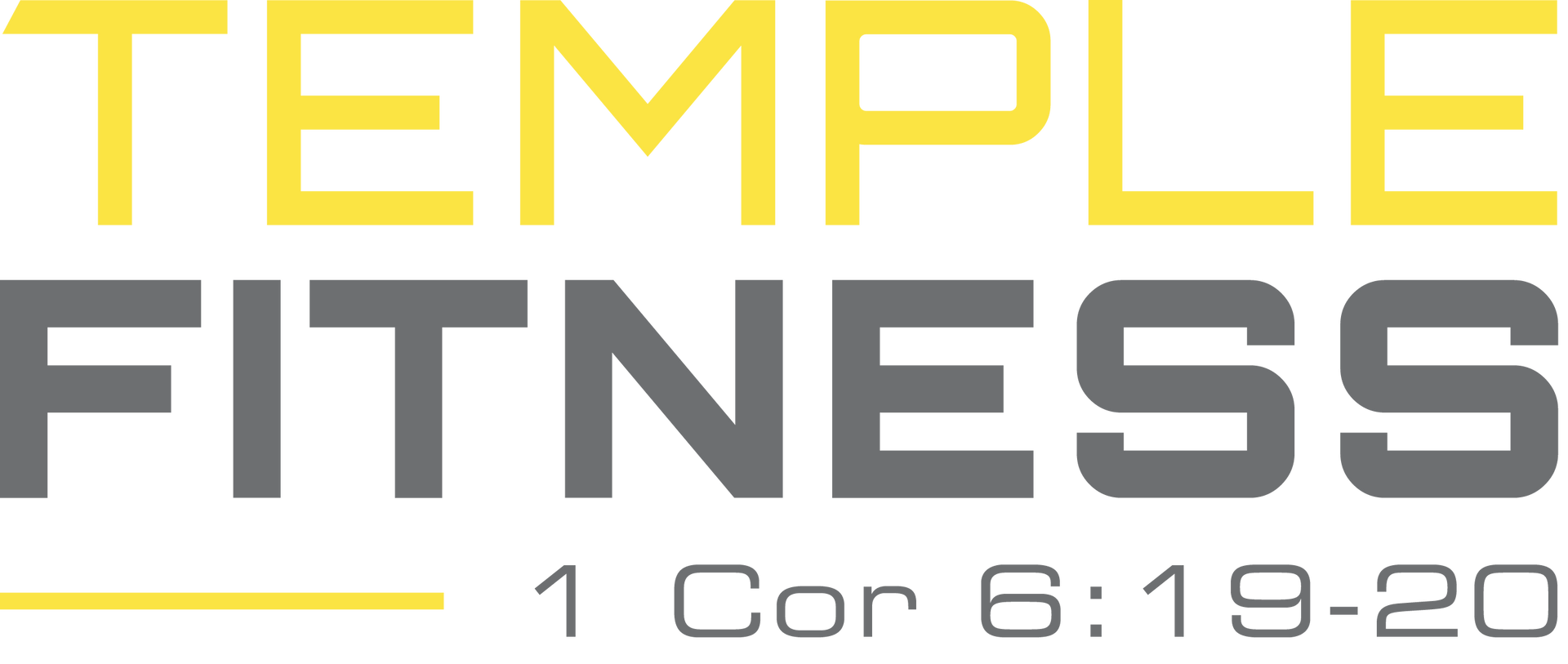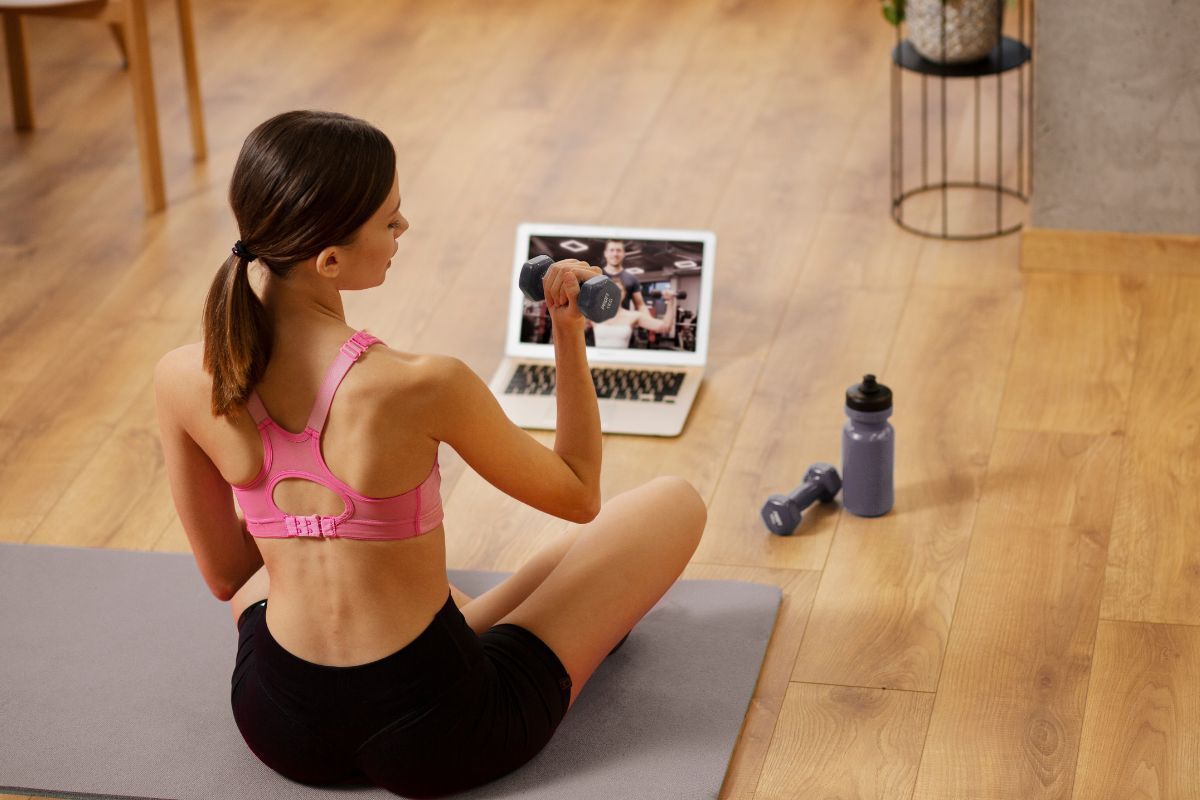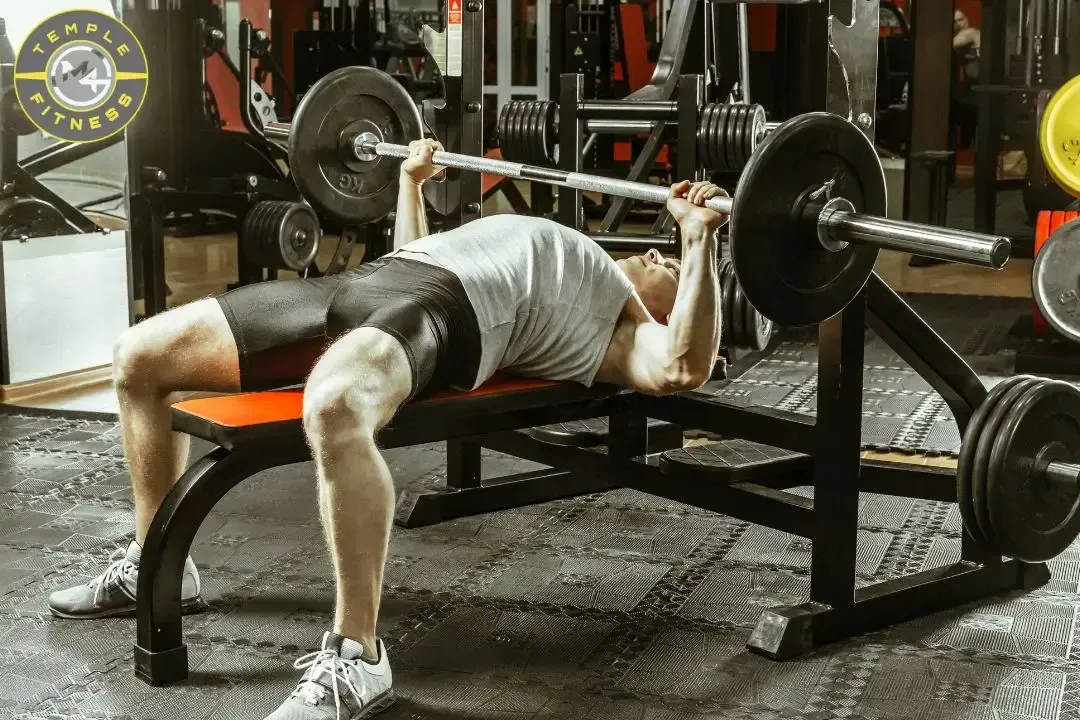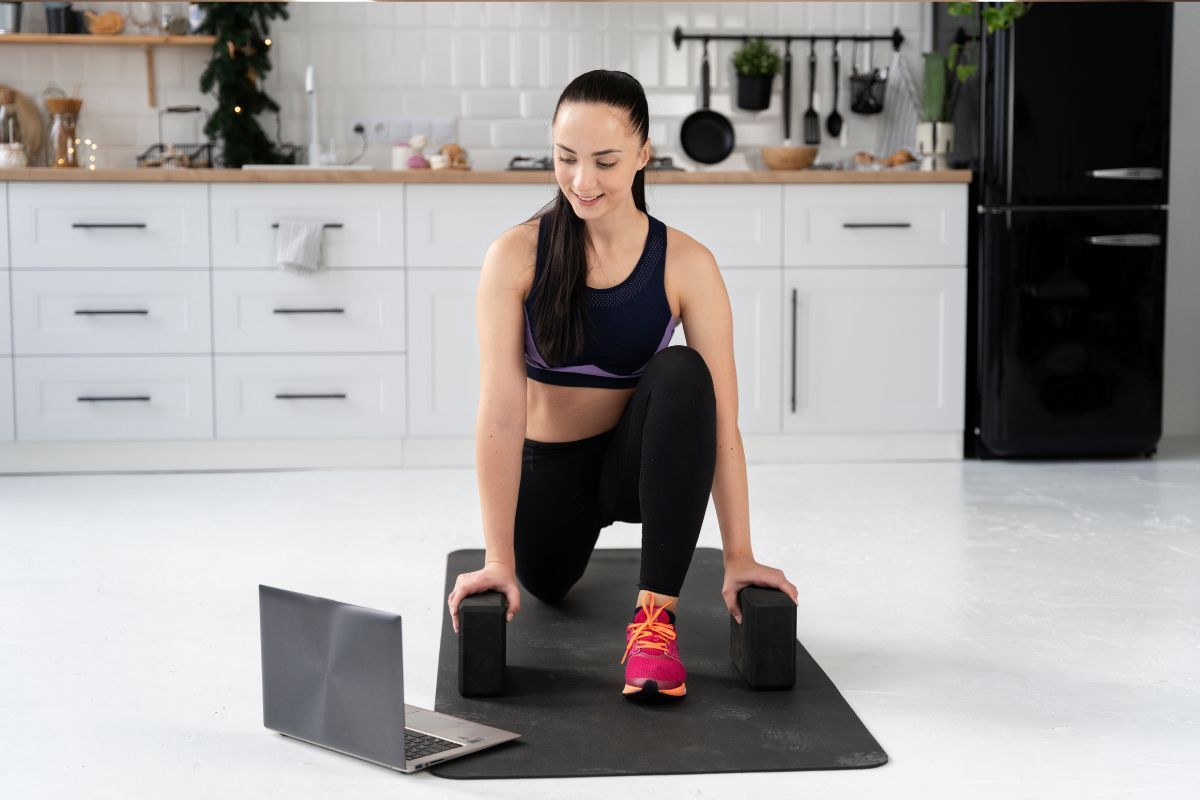How long after a meal to exercise? A Brief on the Ideal Interval
The exact time to wait after a meal to exercise depends on what and how much you ate. Small snacks may need just 30 to 60 minutes. Light meals often need one to two hours to digest properly. Heavy meals need two to three hours before intense workouts for most people.
In this post, we explain simple rules and the right gap before a workout. You will also learn how different meals change that gap. Read to get clear tips you can use today to stay safe, avoid discomfort, and keep energy high during exercise.
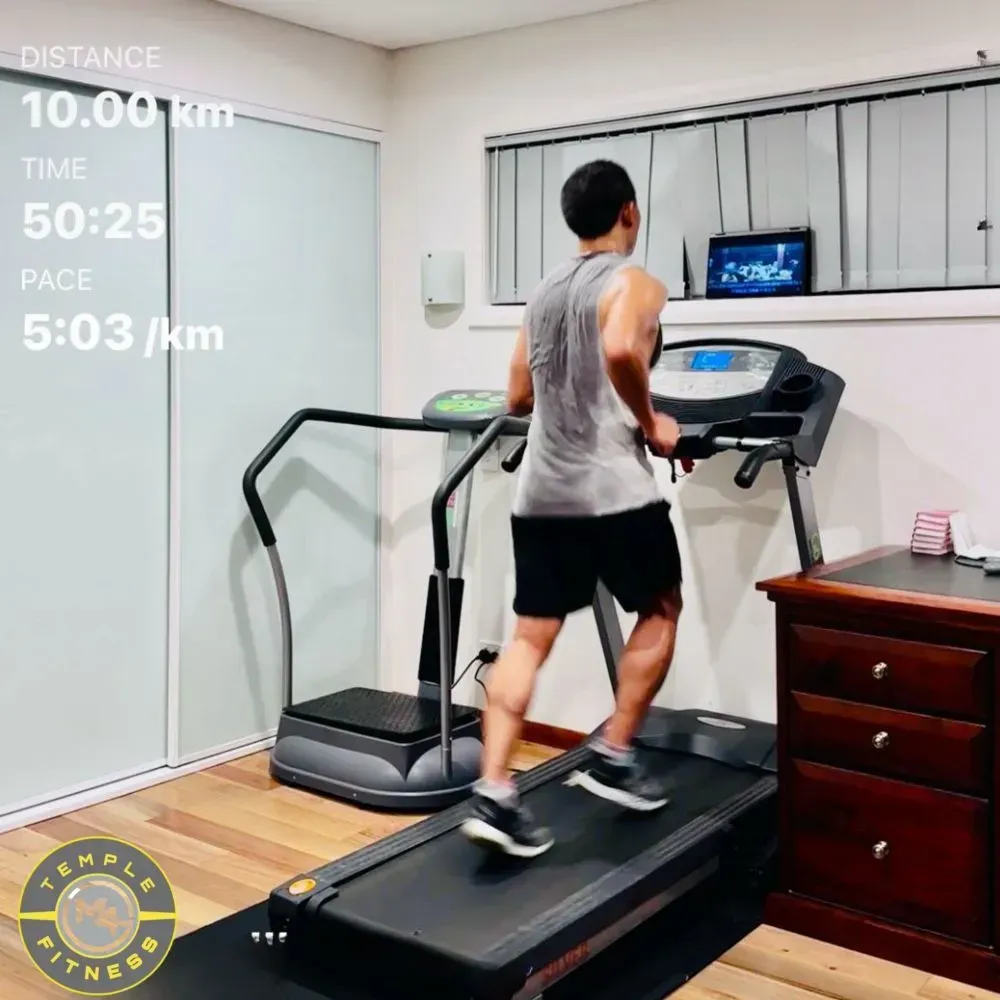
How Long After Eating To Exercise
You must fuel your body for peak performance in the gym. However, smart timing also matters. The waiting period depends on meal size, food type, and exercise intensity. Here are average time periods that you can follow:
30 to 60 minutes after a small snack
Snacks like fruits, yogurts, or a small portion of nuts metabolize quickly and provide instant energy for gentle workouts. A 30 to 60-minute gap between a small snack and a training is a good consideration. For a short home workout, such as walking, cycling, or a quick gym session, this gap works fine. After a light bite, waiting for such an interval ensures full digestion and decreases the risk of cramps.
1 to 2 hours after a light meal
If you plan to engage in endurance exercise, such as jogging or medium-intensity workouts, allow 1 to 2 hours of interval between a light meal and exercise. Pre-workout meals, such as a salad with lean protein, oats, or a small sandwich, can be considered good options in this case. They require more digestion time compared to snacks, but prepare you to be ready to move. This interval after a light meal is recommended if you want to avoid nausea, bloating, and cramping.
2 to 3 hours after a heavy meal
Heavy meals, including pasta, creamy sauces, fried food, and meat, require more time to convert to energy. That’s why you should wait around 2 to 3 hours after consuming them to begin high-intensity workouts, like heavy lifting, sprinting, etc. These foods usually make you slow and keep you feeling heavy, which can hamper physical performance. A longer interval will help you avoid digestive discomfort and energize your system gradually.
Why Should You Not Exercise Right After A Meal?
It is not only about discomfort, rather working out right after eating can interfere with the digestion process. Below are the reasons showing why exercising immediately after a meal is a bad idea:
Your body needs time to digest the meal:
You must allow sufficient time to convert foods into energy. Otherwise, it can make digestion slower. The problems with slow digestion include poor nutrient absorption, cramps, nausea, etc. When you wait an adequate time between eating and exercising, the digestion runs more smoothly and allows your body to utilize the complete energy. Thus, your stomach feels full, and workouts feel easier due to sufficient fuel.
It can cause discomfort:
Bloating, nausea, and stomach ache are common distress when doing exercises right after a meal. When you jump or move fast during a workout, undigested foods inside the abdomen can also move around and push the gut. This will cause serious discomfort in your stomach and force you to stop exercising or reduce the duration. Though light activities like slow walking are fine sometimes, high-intensity workouts are always discouraged right after a meal.
You may feel a lack of energy:
Right after eating, you will not feel energetic immediately. It is because your body is busy breaking down consumed foods and is not ready to provide energy. That’s why we often feel slow and heavy after a large meal. It is a natural mechanism in our body, and you may also feel low energy this time, which is not ideal for exercising. For better energy and performance, you must wait for a while.
Additional Factors Affect The Waiting Time Between Meals And Workouts
There are some other things that also change the interval. Below are the discussions so you can understand how long you actually should wait:
➥ Type of food: It mostly depends on what kind of food you consumed before an exercise. Simple carbs will take less time to digest. On the other hand, high-fat foods will cause slow digestion. That’s why choose lighter and easier-to-digest foods before hard training, and wait extra time if you ate rich foods.
➥ Meal size: The amount of the meal also matters in this case. A simple rule to remember is: a small portion = more sooner. When your meal size is big, wait longer because the digestion will take time. If you want a quick session, choose a lighter meal with a small portion.
➥ Exercise type: For low-intensity activities like yoga, walking, and cycling, the gap after a meal can be short. In contrast, you need a longer interval between a meal and high-intensity exercise. So, you must plan your exercise type and meal wisely.
➥ Your health condition: Your physical attributes, including age, metabolism, diabetes, etc., can also specify the interval. If you have any medical condition, you can discuss it with a doctor and find the ideal waiting time. Some people with good health conditions need less rest, but other groups may need more adjustment time.
Final Thoughts
Waiting after a meal before exercise helps digestion and reduces the chance of discomfort during a workout session. Food type, meal size, exercise type, and your health condition can change the best gap.
A fitness trainer can pick the right pre- and post-meal plan. In Franklin, TN, many certified personal trainers create custom fitness routines that match your meal times and advise the ideal gap for workouts near you today.
Frequently Asked Questions
Is it bad to exercise right after eating?
You can feel uncomfortable because your body is busy digesting food. Exercising too soon may cause bloating, cramps, or nausea.
Is it better to exercise on an empty stomach in the morning?
The effect on individuals will vary. Some people feel fine exercising before breakfast. Others may feel weak and need snacks at least.
Is walking after eating good for digestion?
YA slow walk after a meal can help digestion and reduce bloating. However, fast walking can cause the opposite.
